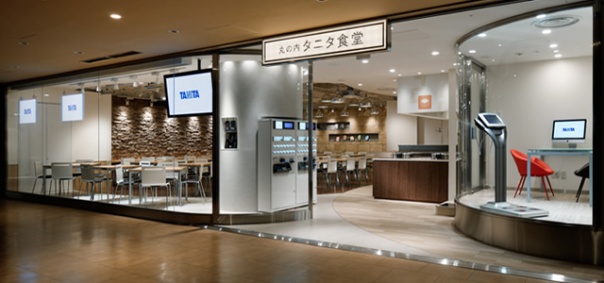In Tokyo, Tanita Shokudo offers a way to bring nutritional advice directly to consumers’ tables.
The brainchild of Japanese health device manufacturer Tanita Corp, Tanita Shokudo provides expert culinary information about all items on the menu, aiming to help those wanting to eat out without compromising their diet plans.
Each table is fitted with a weighing scale to ensure healthy portions can be measured out, while a timer tells the diner when the optimum duration of 20 minutes for completing their lunch is over. Professional dieticians are also on hand to provide free advice on eating regimes in a special counselling room.
Tanita Corp has tried and tested the concept in its office cafeteria and it has proven successful enough among its employees to roll out to the public. Lunch options come from the company’s successful cookbook, which first introduced Japanese food lovers to healthy set meals of 500 calories or less.
Consumers are becoming ever more health conscious and nutrition transparency in restaurants is a trend that has grown around the world, but the mix of a good-for-you lunch alongside professional dietary advice takes these services to another level. Could this be picked up in other countries?
via Japanese cafeteria offers diners in-depth advice on health and nutrition | Springwise.

